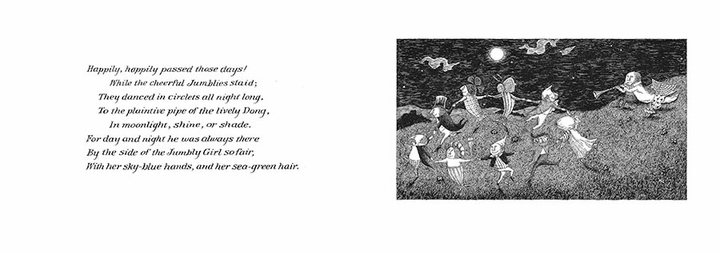I have been meaning to keep an online account of my adventures with Georges Aperghis’ piccolo solo “The Dong with a Luminous Nose”, but it’s already three weeks before the performance and I haven’t written much. There are practical reasons for this – one is we ironed out the final version with cuts and tempo changes a few days ago. Only now do I have a sense of the piece as a whole and feel that I can do the real work.
Since he has heard and approved my recent draft recording, only now am I confident that my strategy for playing all the quarter tones, the types of vocalizations and interpretation of timings are ok. I find it really difficult to invest in the technical details of a piece unless I know the overall musical and compositional approach, because only by knowing this, do I know how to technically approach the piece.
Although I have heard and performed a number of Aperghis’ pieces before, the ARTE documentary from 2006 “the composer who reinvented musical theatre” gave me more insight.* Here is a quote that I like:
“…observing a performer in their day-to-day life, during rehearsals, over coffee, in their usual behavior, one sees their inner charm and from that point on, writing for them, to my mind, means believing them to be much stronger than they are, musically, I mean. So often, when the score arrives, they are happy yet anxious due to its difficulty. Because I feel they are capable of it, that’s the fault of love. I feel they can do anything, and they can, because they do, but at a price. “
Aperghis and I got to know each other personally while he was preparing to compose Intermezzi for Ensemble Musikfabrik. In our conversations, I mentioned that I enjoyed the nonsense texts of Edward Lear. “The Dong” is a text by Lear (his choice), and to my knowledge, this is the only work of Aperghis that really has a narrative. His other works seem much more abstract and cathartic.
I have also been thinking about music and text. A lot of text that goes into music these days is political or makes some kind of statement. Although I support this wave of awareness and wokeness, I still think there is a place for words in music as phonetic material with artistic, or dare I say it, entertainment value. If the text of this piece included the words “damn the patriarchy” or “Frauenpower forever” it would perhaps make me feel better about myself, giving me that warm, fuzzy feeling you get with acts of solidarity and “doing one’s bit”. But in the end, what bit is that? My performance would change no one’s social perspective. (And in Darmstadt, where the premiere is to be held, I would be preaching to the choir.) My bit would be better played out by volunteering in a homeless or refugee shelter, or helping people safely vote. This is not to say I don’t believe that certain forms of art are capable of promoting and instigating social change.
So I will perform and narrate Edward Lear’s text, with all its humor, overtly phallic symbolism** and allusions to interracial love. Why not? I might even perform it from the perspective of a Jumbly Girl.

*I would share the link, but my automatic embedder is giving me grief.
**Ok maybe my mind is in the gutter.
Leave a Reply